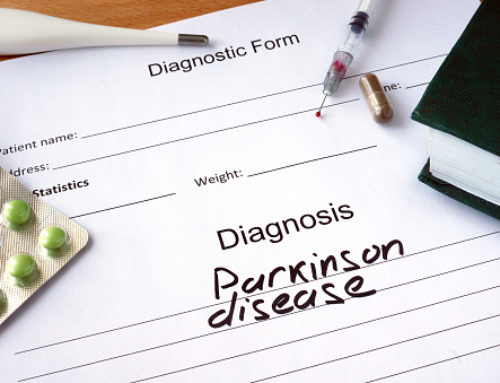There is no cure for Parkinson’s disease, but modern drugs provide incredible hope for Parkinson’s patients. They provide a large amount of relief from many symptoms of the disease. Which therapy will work best for you will depend upon your particular situation and how your body reacts to the various drugs. You will need to work closely with your doctor to determine which Parkinson’s drug regimen will work best for you.
Levodopa is the main drug to treat Parkinson’s symptoms, and offers great hope for patients.
Three Major Classes of Parkinson’s Drugs
- Drugs that boost the levels of dopamine in your brain
- Drugs that affect other neurotransmitters in your body to ease symptoms
- Drugs that control non-motor symptoms of the disease
Main Therapy – Levodopa
This drug also is called L-dopa. It is a simple chemical that is in many animals and plants. Your nerve cells use levodopa to produce dopamine, which replenishes the supply in the brain. People are not able to just take dopamine, because dopamine is not able to make it through the blood/brain barrier. The latter is cell linings in your blood vessels that control how oxygen, glucose and other things are transported into the brain.
People often take levodopa with carbidopa, which slows the body’s conversion of levodopa into dopamine, until the latter is able to reach your brain. This can cut down on some side effects that come along with therapy with levodopa.
Levodopa usually is successful in the early stages of the disease. It will cut way down on your tremors and other common symptoms. It will allow you to greatly extend the time in which you can lead a productive and normal life.
It should be noted that not all Parkinson’s symptoms respond as much to levodopa. It helps most people with bradykinesia (slowness of movement) and problems with rigidity. But balance and other non motor issues may not be helped by this drug.
Levodopa is so effective for some people early in the disease, they may not even notice they have Parkinson’s. However, remember that levodopa only is reducing symptoms; it is not going to replace the nerve cells that have been lost.
Still, levodopa therapy offers great hope to people with this disease, and can really help you to improve your quality of life for many years.
Parkinson’s Aids for Your Medications
As your disease progresses, you will most likely be on several types of drugs to manage your symptoms. There are a wide variety of Parkinson’s supplies that can help you to manage your drug regimen. For example, the Vibrating Alarm Medication Reminder is a compact pill dispenser. It will help you to keep your pills organized, and it provides an audio and vibrating alarm four times per day when you need to take your pills.
Another great choice is the Pill Splitter and Crusher. This handy tool is wonderful for patients and caregivers who need help cutting and crushing medications. It will cut, crush and store the pills safely.


